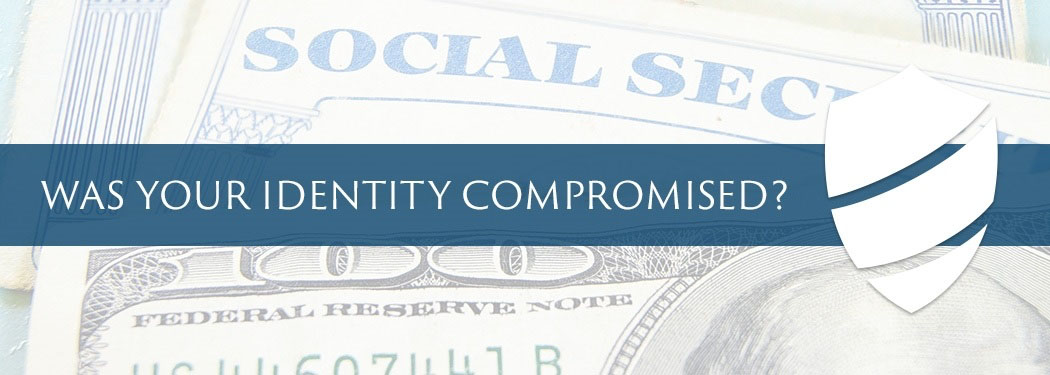On September 7, Equifax – one of the three largest American credit agencies – announced a cybersecurity incident potentially impacting consumer information, including Social Security numbers, birth dates, addresses, etc., leaving them vulnerable to identity theft.
Please follow the steps below to determine if you or anyone in your household was impacted by this incident:
- Go to https://www.equifaxsecurity2017.com
- Click on the “Potential Impact” link, and you will be asked to provide your last name and the last six digits of your Social Security number.
- Based on that information, you will receive a message indicating whether your personal information may have been impacted by this incident.
- If your information has been compromised, Equifax is offering free identity theft protection and credit file monitoring to all U.S. consumers. The deadline to request your complimentary one-year monitoring is November 21, 2017. Learn more, here.
While AEGIS Financial, under the umbrella of Raymond James, employ the most up-to-date safeguards to protect client account numbers and other important personal information, you play a vital role in keeping your information secure. Read more about the RJ Promise.
Whether or not your information was exposed, U.S. consumers can get a year of free credit monitoring and other services. The site will give you a date when you can come back to enroll. Write down the date and come back to the site and click “Enroll” on that date. You have until November 21, 2017 to enroll.
You also can access frequently asked questions at the site.
Here are some additional steps you might want to take because your Social Security Number was exposed:
- Consider whether you want to sign up for the free credit monitoring services that Equifax is offering.
- Get your free credit reports from Annual Credit Report, and check for any accounts or charges you don’t recognize. You can order a free report from each of the three credit bureaus once a year.
- Consider placing a credit freeze. A credit freeze makes it harder for someone to open a new account in your name.
- If you place a freeze, you’ll have to lift the freeze before you apply for a new credit card or cell phone – or any service that requires a credit check.
- If you decide not to place a credit freeze, at least consider placing a fraud alert.
- Try to file your taxes early – before a scammer can. Tax Identity Theft happens when someone uses your Social Security number to get a tax refund or a job. Respond right away to letters from the IRS.
- Don’t believe anyone who calls and says you’ll be arrested unless you pay for taxes or debt – even if they have part or all of your Social Security number, or they say they’re from the IRS.
- Continue to check your credit reports at Annual Credit Report. You can order a free report from each of the three credit reporting agencies once a year.
Equifax plans to notify people whose credit card information was exposed. If you receive a notice…
- Contact your bank or credit card company to cancel your card and request a new one.
- Review your transactions regularly. Make sure no one misused your card.
- If you find fraudulent charges, call the fraud department and get them removed.
- If you have automatic payments set up, update them with your new card number.
- Check your credit report at Annual Credit Report
Going forward, it’s important to monitor your credit card and bank accounts closely. If you find charges you don’t recognize, come back to IdentityTheft.gov to report it.
As always, you can reach out to us if you have questions or need assistance.
